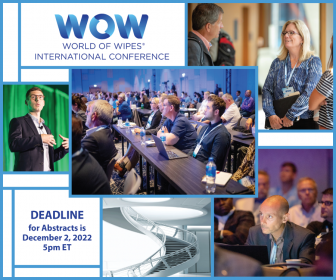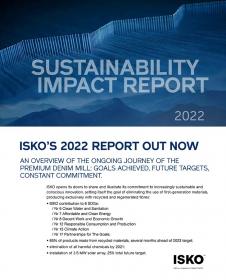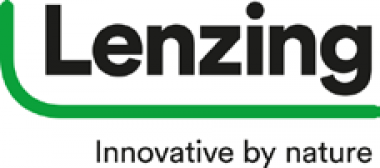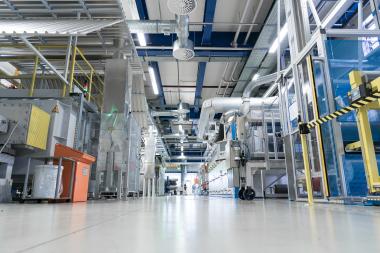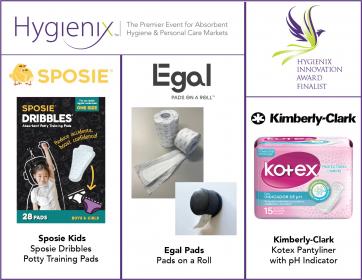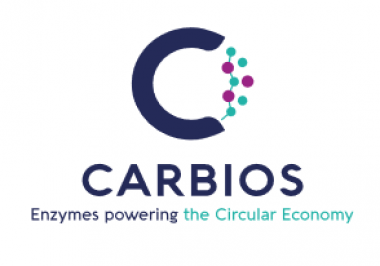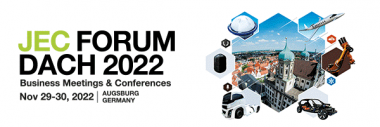INDA Call for Abstracts for World of Wipes® International Conference
INDA’s 17th annual World of Wipes® (WOW) International Conference is accepting abstracts through December 2, 2022, on innovative, inspiring, and informative wipe products, markets and technologies to be presented in Atlanta, GA, July 17-20, 2023.
Experts in the areas of dry and wet wipes, sustainability, end-use markets, substrate formation, raw materials and fibers, liquid ingredients, packaging, machinery, and market trends and data are encouraged to submit a brief abstract of one or two paragraphs detailing the relationship of their presentation to wipes or wipe manufacturing. Along with a brief abstract summary, professionals should also submit a speaker’s photo, and biography. Information may be submitted online via the WOW website before December 2nd.
Over 450 wipes business leaders are expected to convene at the Atlanta Marriott Marquis Hotel July 17-20, 2023 to hear premium content in market research, product innovations, sustainability issues, new materials and substrates for all wiping products and their components.
The last WOW event held in Chicago connected more than 450 participants from 18 countries representing the entire wipes supply chain to explore issues and advancements in the growing multibillion-dollar wipes sector. WOW is targeted exclusively for wipes brand owners, converters, manufacturers, and their entire supply chain.
The WOW Committee is developing content for a timely and relevant program that targets such areas as energy consumption, digitalization, global supply chain challenges, the plastics issue, ingredient transparencies, market intelligence, substrate developments, converting systems, material science, packaging, and circularity advances in personal and industrial wipes.
Training at the WOW 2023 Conference
The WIPES Academy, the industry’s first and only comprehensive wipes training for the entire supply chain, will occur prior to the conference start, July 17-18. Participants will gain a strong foundation of fundamental wipes knowledge, covering the basics of wipes design, manufacturing and applications, market trends, and opportunities in new product areas. At least two years of basic nonwoven fabrics knowledge or completion of the INDA Elementary Nonwovens Course are the recommended prerequisites.
INDA


